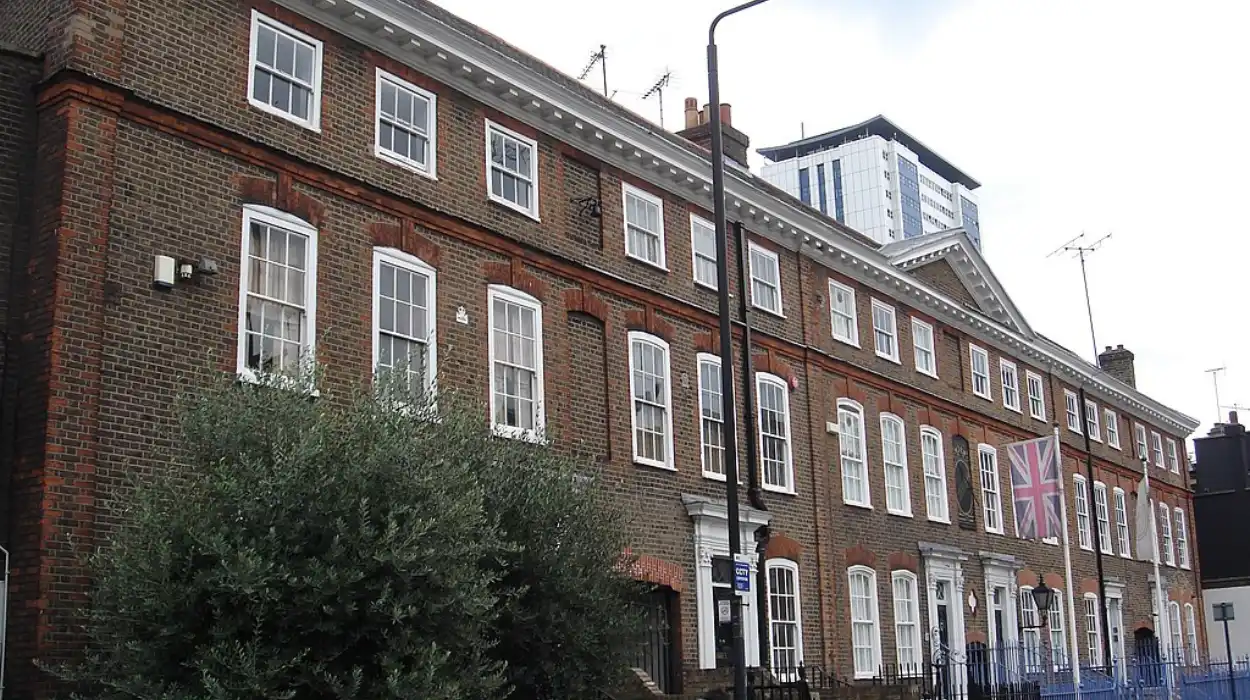Wandsworth (Parliament Politics Magazine) – A new Clean Air Schools programme has launched in Wandsworth, aiming to reduce pollution, protect pupils’ health, and promote greener travel choices.
A brand-new school initiative in Wandsworth will support educators, students, and parents in addressing air pollution in their local communities.
The Clean Air Schools initiative aims to assist nearby schools in educating their students, families, and the community at large about air pollution.
Schools that show a significant commitment to enhancing local air quality will be accredited under the scheme.
Following a thorough evaluation and completion of clean air promotion activities, around 11 Wandsworth schools are on pace to obtain a “Gold” accreditation in the program’s first phase.
At a special ceremony this month, St. Boniface RC Primary School in Tooting, which participated in the program’s pilot phase, received its gold accreditation.
Laura Whitwell, deputy headteacher at St Boniface, said the school was delighted to be accredited as a Clean Air School.
“With our location and abundance of public transport, St Boniface has always had lots of our families who cycle, scooter, walk and take public transport,”
explained Mrs Whitwell.
“Focusing on clean air helps staff talk to them about pollution, healthy and active lifestyles, the planet and the science behind it all. All this raises questions within families around what we can do to improve the quality of our air.”
The school collaborated closely with the council’s air quality team to implement clean air measures in addition to participating in active travel events like Walk to School Week and the Sustrans Big Walk and Wheel.
Among these was joining the School Streets initiative, which temporarily blocks motor traffic on the roadways close to school entrances during drop-off and pick-up hours.
Young eco prefects created posters, participated in workshops, and imparted their expertise to the other students in the school.
Along with the council’s air quality staff, St. Boniface organized an anti-idling event to encourage local drivers to switch off their engines when parked.
With plenty of assistance from our air quality staff in planning events and undergoing evaluation, schools can pursue accreditation at their own speed.
In addition to offering free workshops on pollution and vehicle idling, the council’s team conducts a free air quality evaluation using specialized equipment.
Each school’s clean air accreditation can be earned by a variety of activities, such as walking or cycling to school, scooter training, gardening clubs, and organizing eco-friendly events to which the mayor or local council members may be invited.
Paul White, Cabinet Member for Environment, said:
“It’s fantastic that so many of our local schools are already taking positive action to help improve air quality for pupils, teachers, families and their wider communities.
We’re excited to launch the Clean Air School accreditation programme to highlight the hard work that is already taking place, and support more schools to take part.
Clean air around schools is so important, so pupils can come to school uninhibited by toxins entering their system, which can contribute to long term health conditions such as asthma and other respiratory diseases.
Our air quality team is dedicated to improving the quality of the air we breathe, and is there to help schools to play their part by taking manageable and fun steps towards cleaner air.”
According to recent data, pollution levels in the borough are lower than they were a year ago, indicating that the air quality is still getting better.
By implementing changes throughout the borough that enable everyone to breathe healthier air, they are helping their communities.
50% of elementary schools benefit from car-free school streets, and there are more than 1,400 EV charging stations.
Providing citizens with safer, greener, and cleaner active transportation options is part of implementing the Walking and Cycling policy. This entails enhancing pedestrian walkways and crossings and adding more bike lanes to link the borough’s main destinations
As part of the largest bikehangar installation campaign in London, 130 more spaces have been added, and more are on the way.
As part of our Cleaner Borough Plan, the council’s new waste collection fleet will reduce carbon emissions by 90%, and food waste pickups will reach every property in Wandsworth.
Fees for street events celebrating Car Free Day will be waived as part of our Sustainable September initiatives.
creating a clean air schools accreditation scheme and collaborating with schools on air quality audits.
At Battersea bus station, the 2,000th zero-emission bus in the fleet of Transport for London is unveiled.
How can a Wandsworth school register for Clean Air Schools accreditation?
Schools start by getting in touch with Wandsworth Council’s air quality team in order to register their interest and book a free air quality assessment on site. This process involves assessing indoor and outdoor air quality, and observing traffic patterns for drop-off/pick up.
The council’s team also runs free pollution workshops, stop idling workshops, and activates clean air workshops to assist schools with their activity placeholders.
Schools work over the course of the year to deliver a range of air quality and active travel activities, which can include Walk to School Week, scooter training, gardening clubs, anti-idling campaigns, eco workshops, and involvement in school streets principles to reduce traffic outside the entrance to their school.


